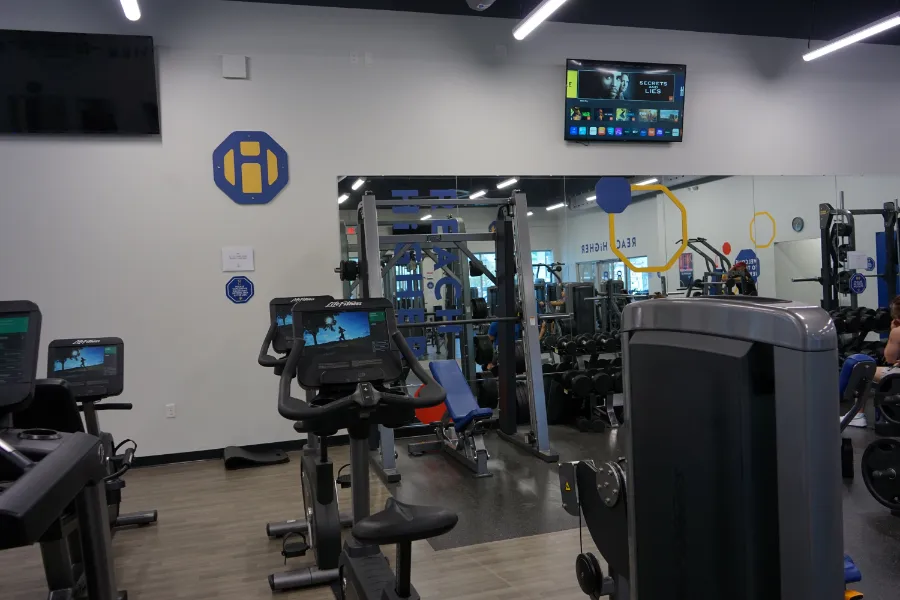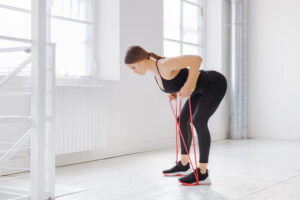The age-old adage “no pain, no gain” has been a rallying cry in gyms and fitness communities for decades. But is this mantra really the key to success? Let’s delve into the truth behind this phrase and provide some valuable tips for those just starting their fitness journey.
Understanding “No Pain, No Gain”
The phrase “no pain, no gain” is often misunderstood. It’s not about pushing yourself to the point of injury or enduring extreme discomfort. Instead, it’s about embracing the challenges and discomforts that come with pushing your physical limits.
Feeling some level of discomfort or muscle fatigue is normal when you’re working out, especially when you’re trying to improve your fitness level. However, it’s crucial to distinguish between the natural discomfort of a good workout and the pain that signals something is wrong.
Listening to your body
Pain is your body’s way of telling you that something is not right. If you experience sharp, shooting, or persistent pain during or after your workouts, it’s a sign that you need to stop and reassess. Ignoring these signals can lead to injuries that could set you back in your fitness journey.
Gradual progression
Instead of jumping into intense workouts, start with exercises that match your current fitness level and gradually increase the intensity as your body adapts. This approach not only reduces the risk of injury but also makes your fitness journey more sustainable and enjoyable.
Embracing discomfort
While pain should be avoided, embracing discomfort is a part of the process. You might feel out of breath, your muscles may burn, and you might feel tired after a workout. This discomfort is a sign that you’re challenging your body and making progress. Learn to embrace it as a positive sign of growth rather than a negative experience.
Rest and recovery
Rest and recovery are critical components of any fitness regimen, often overlooked in the pursuit of more intense and frequent workouts. However, they are just as crucial as the exercise itself for achieving long-term fitness goals.
The importance of sleep
It’s during this time that your body repairs muscle tissues, consolidates memories, and restores energy levels. Aim for 7-9 hours of quality sleep each night to support your body’s natural recovery processes. Poor sleep can hinder your performance, slow down your progress, and increase the likelihood of injuries.
Hydration and nutrition
Water helps transport nutrients to your cells, removes waste products from your body, and keeps your joints lubricated. Additionally, proper nutrition plays a significant role in recovery. Consuming a balanced diet rich in protein, healthy fats, and carbohydrates helps repair and rebuild muscle tissues and replenish energy stores.
Active recovery
Active recovery involves engaging in low-intensity exercise during your rest days. Activities like walking, yoga, or light cycling can help improve blood circulation, reduce muscle stiffness, and promote faster recovery without putting undue stress on your body.
Rest days
These are days when you take a complete break from structured exercise, allowing your body and mind to recuperate. Rest days help prevent overtraining, which can lead to burnout, decreased performance, and a higher risk of injuries.
Seek professional guidance
A personal trainer or a fitness coach can help you create a workout plan that’s tailored to your goals and fitness level, teach you proper form, and provide the motivation and support you need to stay on track.
A more affordable alternative is to join group fitness classes. These types of classes are led by certified instructors who will lead your workouts. To try group workouts without any cost, claim your 3-day free pass at HiTone Fitness Fayetteville.
Final thoughts
“No pain, no gain” should not be taken literally. Pain is not a necessary ingredient for fitness success. Instead, focus on gradual progression, listen to your body, embrace discomfort within reason, prioritize rest and recovery, and consider seeking professional guidance. By following these tips, fitness beginners in Fayetteville can embark on a safe and effective fitness journey that leads to lasting gains without unnecessary pain.







